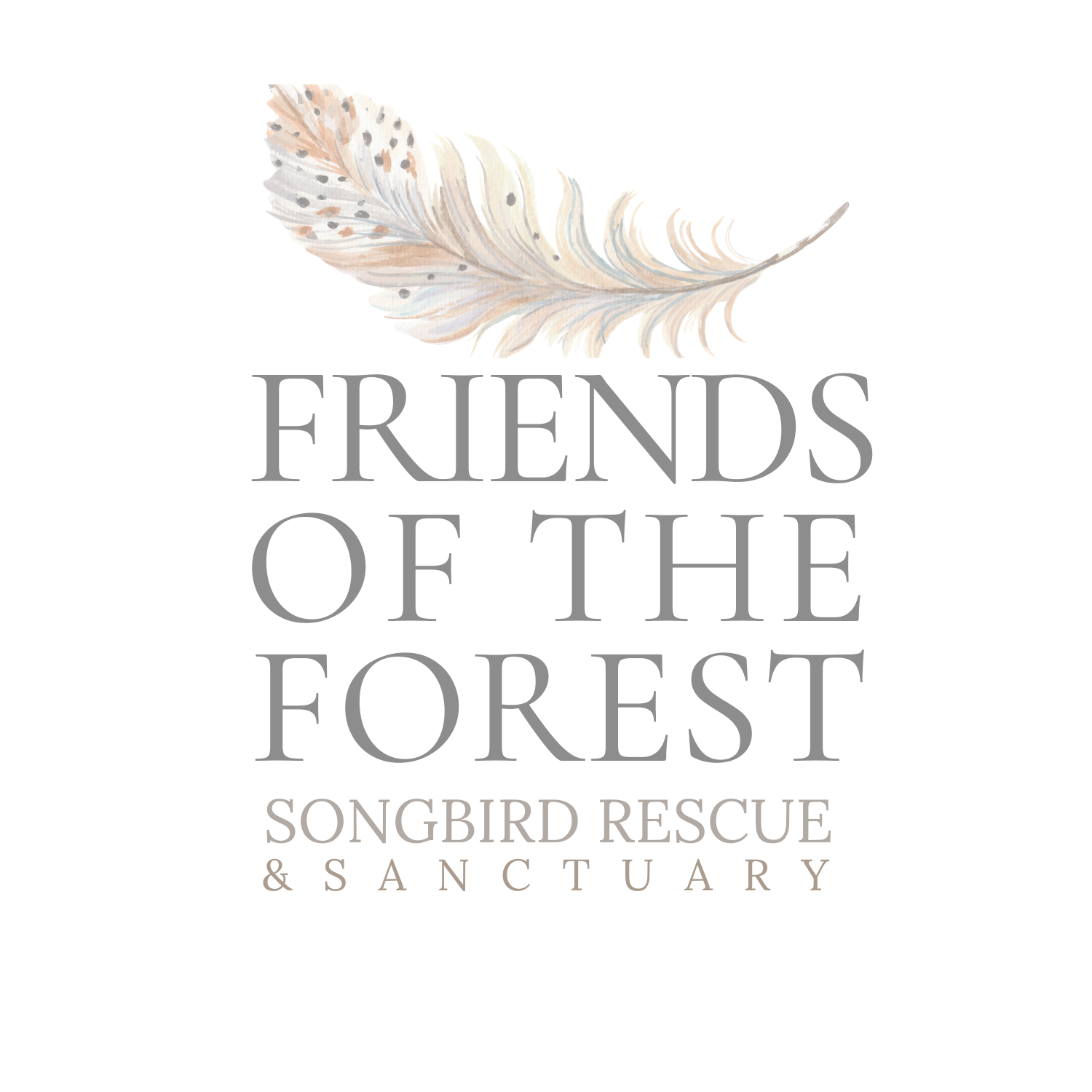Healing Our Ancestral Lineage
Our ancestors play a significant role in shaping who we are today. Their experiences, traumas, and triumphs are imprinted in our DNA, influencing our thoughts, behaviors, and beliefs. While some of these ancestral imprints may be positive, others can be limiting and even harmful. This is where ancestral lineage healing comes in.
What is Ancestral Lineage Healing?
Ancestral lineage healing is the process of identifying and healing ancestral wounds and traumas that have been passed down through generations. It is based on the belief that our ancestors are not just a part of our past, but also a part of our present and future.
Through this healing process, we can release negative patterns and beliefs that have been passed down to us and create a more positive and empowered future for ourselves and our descendants.
Understanding Our Ancestral Roots
Our ancestral roots are the foundation of who we are. They are the stories, traditions, and experiences that have been passed down through our family line. These roots can be a source of strength and connection, but they can also hold unresolved traumas and wounds that can affect our lives in ways we may not even realize.
For example, if our ancestors experienced war or famine, their survival instincts may have been passed down to us, causing us to constantly feel on edge or anxious. Or if our ancestors experienced poverty or scarcity, we may have inherited a scarcity mindset that limits our ability to create abundance in our lives.
By understanding our ancestral roots, we can begin to unravel the patterns and beliefs that have been passed down to us and start the healing process.
Why is Ancestral Lineage Healing Important?
Ancestral lineage healing is important for several reasons:
Breaking Generational Cycles
Many of us may find ourselves repeating the same patterns and behaviors as our parents or grandparents. This is because these patterns are deeply ingrained in our ancestral lineage. By healing these patterns, we can break the cycle and create a new, more positive path for ourselves and future generations.
Healing Ancestral Wounds
Our ancestors may have experienced traumas and wounds that were never fully healed. These wounds can be passed down through generations, affecting our lives in ways we may not even realize. By healing these wounds, we can release the negative impact they have on our lives and create a more positive future.
Creating a Sense of Wholeness
When we heal our ancestral lineage, we are not just healing ourselves, but also our ancestors. This creates a sense of wholeness and connection to our family line, allowing us to move forward with a deeper understanding and appreciation of our roots.
How Can We Heal Our Ancestral Lineage?
There are several ways we can begin the healing process for our ancestral lineage:
Acknowledge and Honor Our Ancestors
The first step in healing our ancestral lineage is to acknowledge and honor our ancestors. This can be done through rituals, ceremonies, or simply taking time to reflect on our family history. By acknowledging and honoring our ancestors, we create a deeper connection to our roots and open ourselves up to healing.
Identify and Release Negative Patterns
Identifying negative patterns and beliefs that have been passed down to us is crucial in the healing process. This can be done through introspection, therapy, or working with a healer. Once we have identified these patterns, we can begin to release them and create new, more positive ones.
Connect with Our Ancestors
Connecting with our ancestors can be a powerful way to heal our ancestral lineage. This can be done through meditation, prayer, or simply talking to our ancestors. By connecting with them, we can gain insight and guidance on how to heal and move forward.
Seek Support from a Healer
Working with a healer who specializes in ancestral lineage healing can be incredibly beneficial. They can guide us through the process, help us identify and release negative patterns, and provide support and guidance along the way.
Who Can Benefit from Ancestral Lineage Healing?
Anyone can benefit from ancestral lineage healing, as we all have ancestral wounds and patterns that can be healed. However, it can be especially beneficial for those who:
Struggle with repeating negative patterns in their lives
Have strained relationships with family members
Feel disconnected from their roots and family history
Want to create a more positive and empowered future for themselves and their descendants
Ancestral lineage healing is a powerful tool for healing our past and creating a more positive future. By acknowledging and honoring our ancestors, identifying and releasing negative patterns, and seeking support from a healer, we can break generational cycles, heal ancestral wounds, and create a sense of wholeness and connection to our roots. Whether we are aware of it or not, our ancestors play a significant role in shaping who we are, and by healing our ancestral lineage, we can truly step into our full potential and live a more fulfilling life.
Join Our Ancestral Healing Circle in 2024
Our Ancestral Healing Circle is a safe and grounded space where ten women will embark on a six-month journey to honor their ancestors—known and unknown. The Circle provides a safe space for participants to explore their ancestral roots and seek healing for themselves and their lineage.
By engaging in this ritualistic process, you can begin to understand how the actions of our ancestors have shaped our own lives and how an intentional, ongoing practice of ancestor reverence can provide a sense of connection, clarity, and well-being.
You will be guided by Elaine Gast Fawcett, a nature-based ceremonialist and sanctioned Mesa Carrier through the Pachacuti Mesa shamanic tradition. Elaine will help you connect with your ancestors through various activities and discussions by exploring rituals, storytelling, shamanic journey meditations, and other healing practices. This sacred practice offers a pathway to reconciliation, understanding, and wholeness by acknowledging the interconnectedness between past, present, and future generations.

